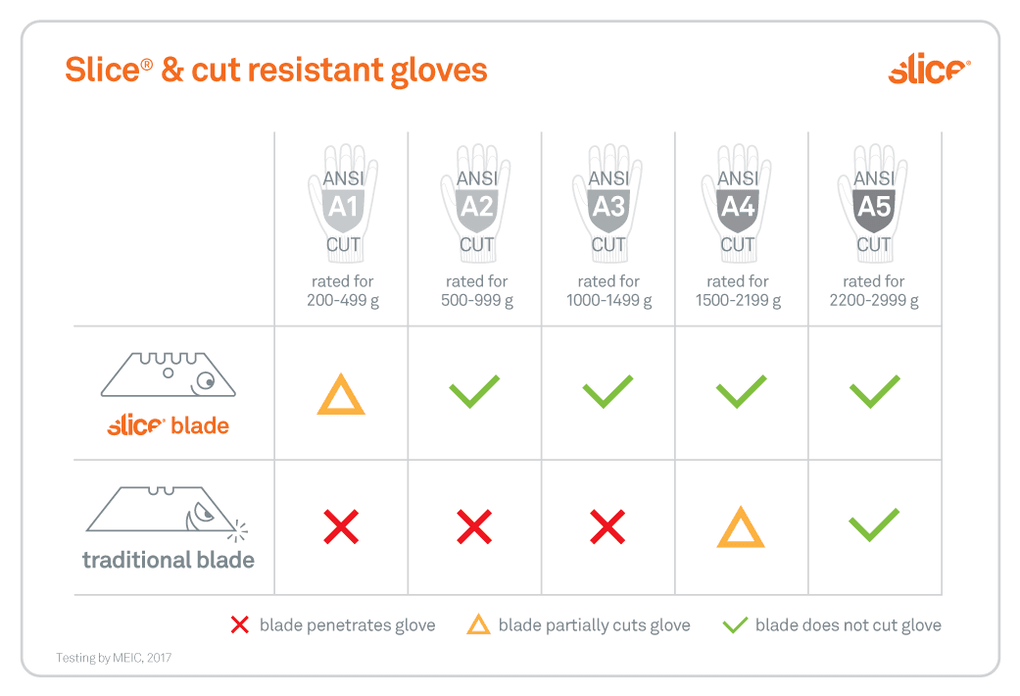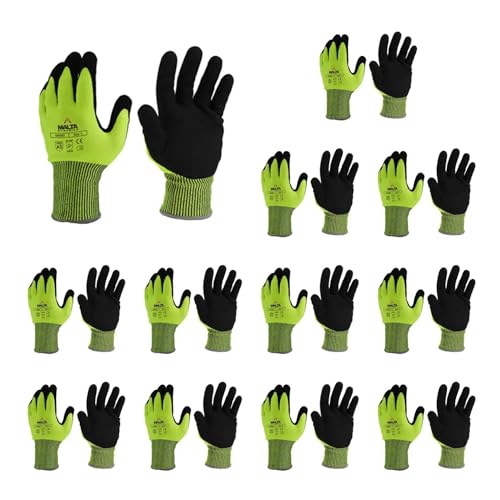Best Cut-Resistant Gloves for Safety, Precision & Tough Jobs in 2025
When handling sharp tools, blades, or glass, cut-resistant gloves are essential for protecting your hands without sacrificing dexterity. This guide features the top-rated cut-resistant gloves of 2025 — tested for safety levels, flexibility, and comfort for professional and home use.

Top Picks: Best Cut-Resistant Gloves from Amazon
Chosen for high cut ratings, grip, comfort, and reliability under pressure.
Comparison Table: Cut-Resistant Gloves at a Glance
| 🧤 Glove | 🧵 Material | 🛡️ Cut Rating | 💧 Waterproof | 🛠️ Best For |
|---|---|---|---|---|
| NoCry Cut Resistant | HPPE + fiberglass | Level 5 | No | Kitchen, DIY |
| G & F 77100 M | Kevlar + nitrile | Level 4 | Yes | Glass handling, plumbing |
| DEX FIT Level 5 Cut | HPPE + Spandex | Level 5 | No | Precision tasks |
Types of Cut-Resistant Gloves & Their Uses
- 🔪 Kitchen Gloves – Protect against knife slips during food prep.
- 🧱 Construction Gloves – Built for handling sheet metal, glass, or sharp tools.
- 🧤 Kevlar Gloves – Strong, heat-resistant, and popular for industrial tasks.
- 💧 Waterproof Cut Gloves – Ideal for wet or oily conditions.
- 🖐️ Precision Cut Gloves – Thin yet strong gloves for detailed tasks like carving or mechanical work.
How to Choose the Right Cut-Resistant Gloves
- 🔪 Cut Level Rating: ANSI/ISEA or EN388 standards — higher number = more protection.
- ✋ Dexterity: Choose thinner gloves for tasks requiring precision.
- 🧵 Material: HPPE, Kevlar, and stainless steel fibers offer different benefits.
- 💧 Grip & Coating: Nitrile or polyurethane coatings help in wet or oily conditions.
FAQs About Cut-Resistant Gloves
What is a good cut resistance level for home use?
Level 3–5 is typically ideal for kitchens and household repairs.
Are cut-resistant gloves heat-resistant?
Some, like Kevlar gloves, offer both cut and heat resistance.
Can I wash cut-resistant gloves?
Most HPPE or Kevlar gloves are machine washable — always check the label.
Are thicker gloves always safer?
Not necessarily. Some thinner gloves provide high protection with better flexibility.


